Reception
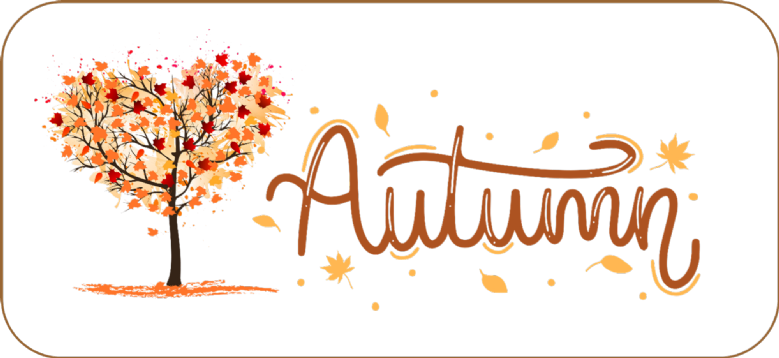
Welcome to the start of an exciting and wonderful year in Reception.
At Dorridge, we provide children with a safe, secure and enabling environment with adults who are warm, kind, engaging, caring and nurturing. Children are encouraged to explore the environment and independence is promoted throughout their time with us in the Early Years. All members of staff are dedicated to supporting the individual needs of the children, coupled with high-quality teaching and leading to outstanding progress being made from their starting point with us.
Reception Induction Evening September 2025
Information for parents – Reception Baseline Assessment
Meet The Team
| RD | Miss O Timmins | Class Teacher |
| Mrs Eden | Teaching Assistant | |
| RP | Mrs. C. Davies | Class Teacher/Phonics Lead |
| Mrs S. Cartwright | Teaching Assistant/ Forest School Leader | |
| RS | Miss Yorke | Class Teacher |
| Miss Coughlan | Teaching Assistant (Mon, Tue, Wed) | |
| Mrs C. Holtom | Forest School Lead | |
| Mrs G. Woodruff | Forest School Assistant |
As we begin this new school year, our learning will be centred around the concepts of celebration, self-awareness, and community. Children will be encouraged to recognise and be proud of their own achievements while also celebrating the uniqueness of others. We will focus on building positive relationships by working as a team, learning to share, and showing care and consideration for each other’s feelings. Alongside this, we will be supporting children to begin developing strategies to understand and manage their emotions, laying strong foundations for self-regulation and wellbeing.
This term, children will be immersed in an exciting range of books, including Elmer, The Dot, Press Here, and The Colour Monster, supporting the Communication and Language and Literacy Early Learning Goals. Daily phonics sessions will help children to tune into sounds and develop early reading skills, while in Mathematics we will focus on number recognition, counting, and early problem-solving. Much of this learning will take place through purposeful play, giving children the opportunity to practise and apply new skills in meaningful contexts.
We also begin Forest School, which provides rich opportunities for children to develop Personal, Social and Emotional Development, Understanding the World, and Physical Development through outdoor learning. Alongside this, the children will take part in FootieBugs sessions, a football-based activity programme that builds confidence, supports teamwork, and develops gross motor skills, all while encouraging individuality and self-assurance.
We are very excited for the learning adventures ahead this term!
Phonics
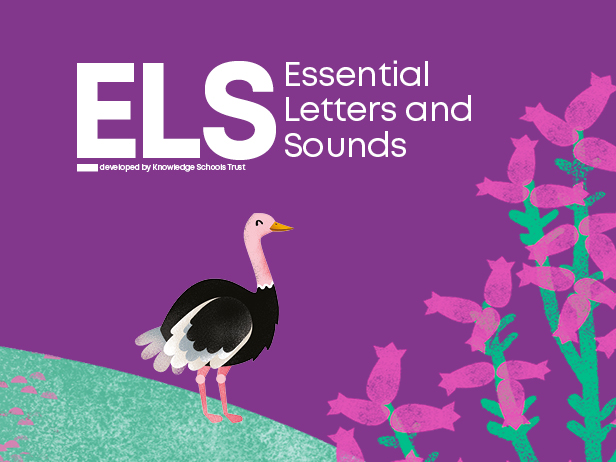
To support the teaching of phonics, we follow the ELS (Essential Letters and Sounds) scheme.
In order to give children the best chance of becoming fluent readers within their time at school, we teach them to use synthetic phonics to work out what unknown words are. Your child will be encouraged to learn letter sounds, as well as the sounds of groups of letters, in order to use and apply them to read different words.
ELS Phonics Information Evening
To support learning in Phonics we also send sound packs home weekly. These will work alongside the sounds being taught. Your child may already be familiar with some of these sounds, but we will be securing this knowledge by using the sounds to blend and create words, form the letter correctly and begin to use and recognise the letter. ‘High Frequency Words’ (HFW) and ‘Tricky Words or Harder to Read Words’ will be sent out in phases and each week on the weeklies notices we will notify you of which words we are focusing on.
For more information on how we teach Phonics, visit our Phonics page.
reading
Reading in EYFS consists of two dimensions: Word reading and Comprehension (both listening
and reading). It is important to develop both aspects. Good language comprehension, necessary for both reading and writing, draws from linguistic knowledge and knowledge of the world. By listening and talking about stories, rhymes and poems, and non-fiction books, children develop knowledge of themselves and the world in which they live. Skilled word reading involves both the speedy working out of the pronunciation of unfamiliar printed words (decoding) and the speedy recognition of familiar printed words. It is also crucial for children to develop a life-long love of reading.
For information on how we teach and deliver reading, please click HERE 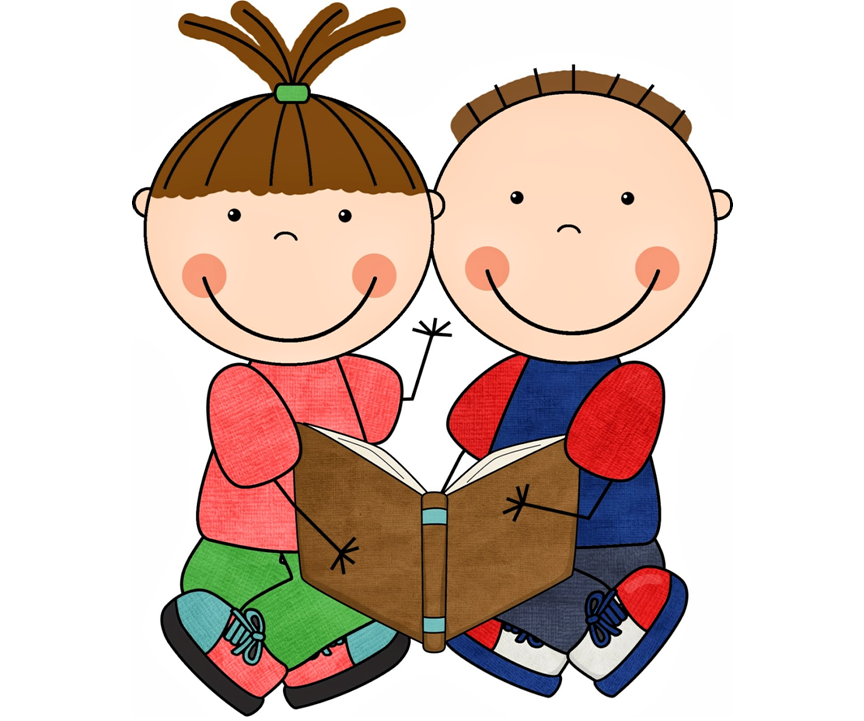
For an update on our reading scheme and some tips and advice to support you at home, click HERE
mathematics
In the Early Years , children develop their mathematical skills through play, exploration, active learning, and critical thinking, both indoors and outdoors. We provide a balance of continuous provision, routines, incidental learning opportunities, and carefully planned sessions, ensuring that children build a secure understanding of early mathematics.
Through engaging stories, songs, games, questioning, imaginative play, and structured teaching, children progress towards the Early Learning Goals for Mathematics. This includes developing a strong sense of number through recognising, counting, and representing numbers to 10 and beyond, as well as beginning to explore addition and subtraction. Children also use everyday opportunities to develop their understanding of numerical patterns.
In addition, children investigate shape, space, and measure by exploring 2D and 3D shapes, using positional and comparative language, and recognising patterns in their environment. These experiences support children in becoming confident, curious, and independent mathematicians, laying the foundations for future learning.
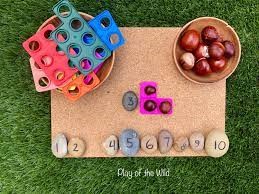
handwriting
We will be beginning to introduce the children to forming their letters correctly. It is very important that children use the correct formation of letters all the time, as it can become very difficult for a child to change their formation once they have formed a style.
Please click for more information on our handwriting scheme. 
other curriculum area's
Physical Development
In the Early Years, children develop their physical skills in many ways — not just in PE lessons. While we enjoy gymnastics, games, dance and movement sessions, lots of important learning also happens during play and in our carefully designed outdoor environment. Children are encouraged to develop both their gross motor skills (such as running, jumping, balancing and climbing) and their fine motor skills (such as holding a pencil, using scissors and fastening zips). These skills support children’s confidence, independence and future learning. Please make sure your child has a named PE kit, plimsolls and suitable clothing for outdoor play in all weathers.
Expressive Arts and Design
Creativity is a big part of the Early Years. Children are encouraged to express themselves and share their ideas through music, art, dance, drama and imaginative play. They will learn new songs and dances, explore musical instruments, and use a wide range of construction and craft materials. These experiences help children build confidence, develop imagination and begin to communicate their thoughts and feelings in different ways.
Understanding the World
We believe learning is strongest when school and home work closely together. By sharing observations from home, you help us gain a full picture of your child’s interests and achievements. In school, children explore the world around them through hands-on experiences — investigating nature, celebrating different cultures and communities, and beginning to understand the technology they see in everyday life. This area of learning helps children make sense of their world and prepares them for future learning.
Outdoor Learning
Our outdoor area is an important part of the EYFS curriculum and is open in all seasons. Children enjoy learning outside in all weathers — whether it’s splashing in puddles, building in the mud kitchen, or exploring nature. These experiences support all areas of learning, from maths and literacy to physical development and personal, social skills. Please ensure your child has a waterproof coat, wellies, and for colder months, a hat, scarf and gloves — all clearly named.
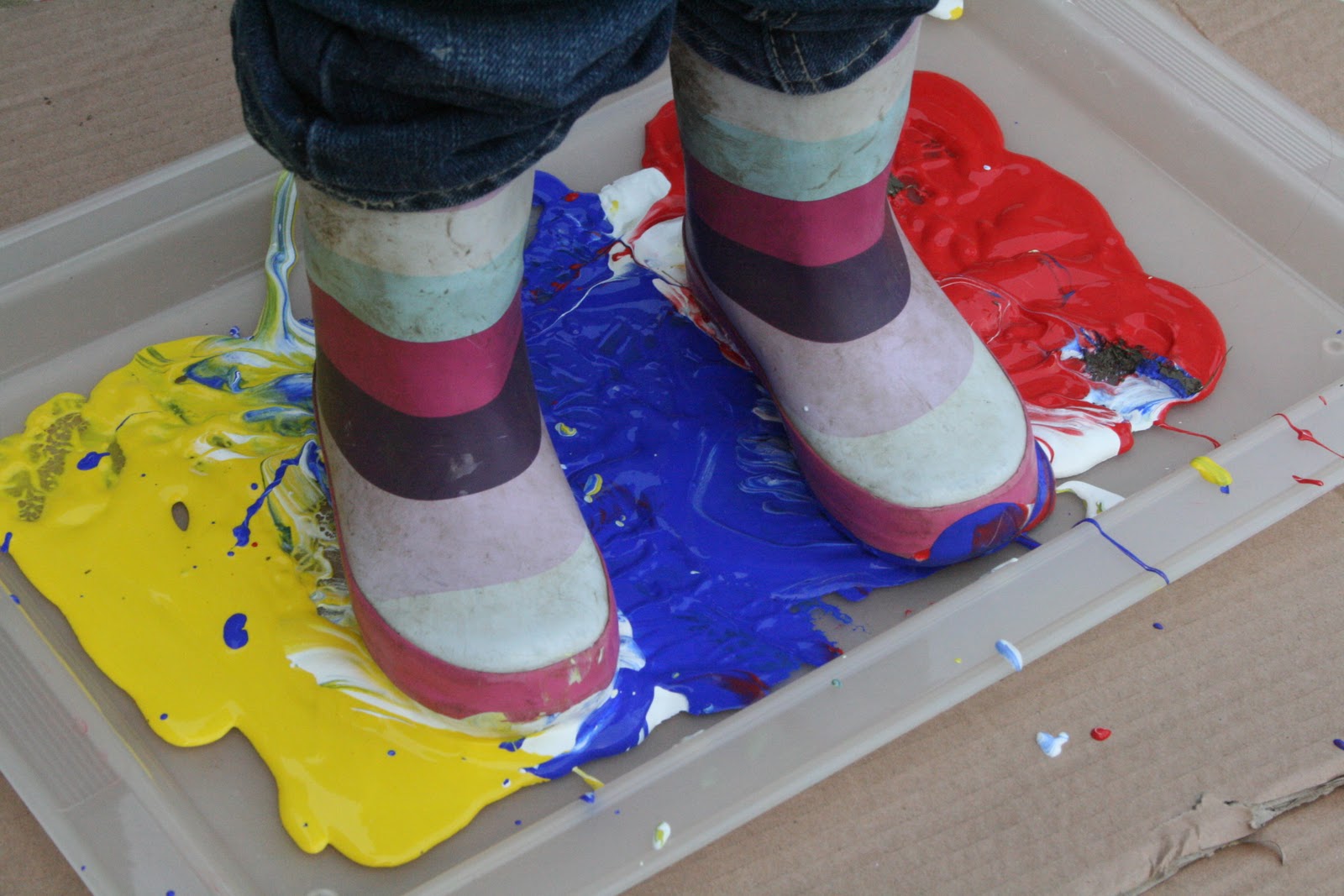
footie bugs
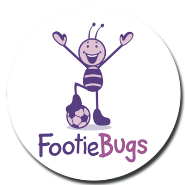
As part of our Physical Development curriculum, the children take part in weekly FootiBugs sessions, led by experienced coaches. Using fun, football-based activities, the children not only build their physical skills such as coordination, balance and control, but also develop important personal and social skills. Through games and team challenges, children learn to listen carefully, share, take turns and work together, supporting the Early Learning Goals for Physical Development and Personal, Social and Emotional Development. These sessions are active, engaging and designed to build confidence, teamwork and a love of being active.
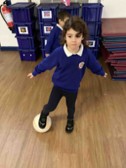
vip's
This term we are encouraging the children to become VIPs – Very Independent People! Developing independence is an important part of their Early Years journey, and there are lots of simple ways you can support this at home. Please encourage your child to practise dressing themselves, as this really helps when changing for PE. We are also encouraging the children to come into school on their own and take responsibility for putting away their own belongings. These small steps make a big difference, helping your child to grow in confidence and develop important life skills.
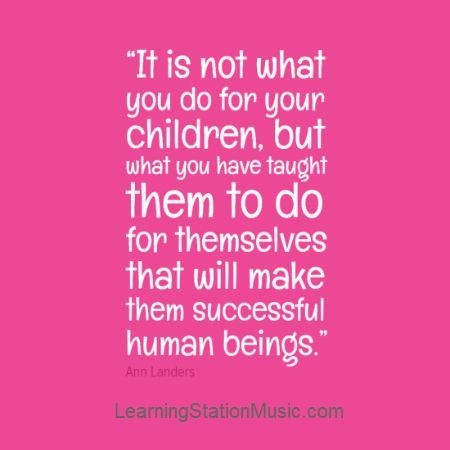
A plea!
We are making a plea to parents and carers. We would love to receive donations of any outdoor equipment that you no longer want, along with junk modelling e.g.washed out squirty bottles like ketchup bottles, milk bottles, soap liquid bottles or washing-up liquid bottles that you have finished with.
This will really help us to be creative.
other bits and bobs
PE Kits and School Uniform
Please ensure that everything is labelled. The children are becoming more independent now and we do change for PE weekly and have our coats on and off throughout the day. Children’s clothing can sometimes be mixed up.
messy play
During the year your child will be exploring, experimenting and investigating the world around them. We will therefore be using a variety of materials such as paint, sand, water, mud etc. So please do not be upset if your child returns home a little messy (we will, of course, be wearing aprons, but sometimes the fun can get away with us). It just means we have had a busy day learning.
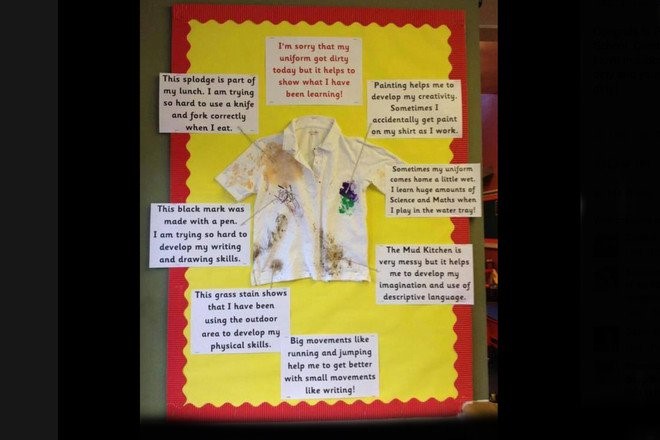
Assembilies
The children attend assembly every day, and we all have a Celebration Assembly on Friday mornings. This assembly is very special as we share the children’s achievements with all of Key Stage 1. One child from each class is chosen every week for their achievement.
